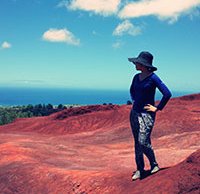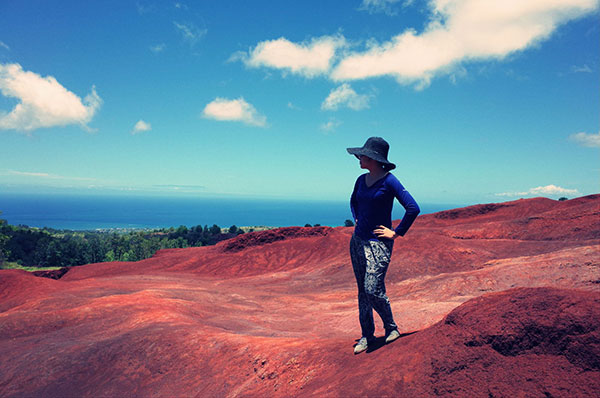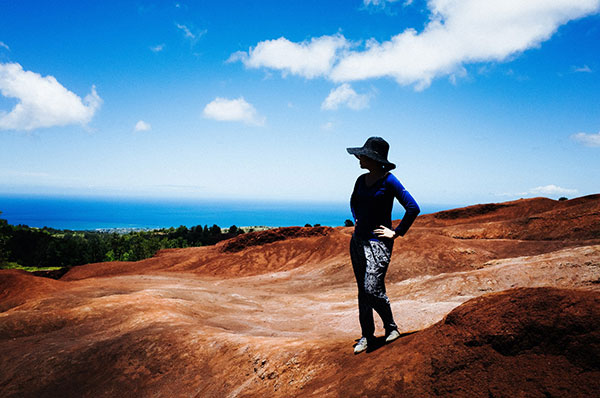Raw vs. JPEG: Street photographer Eric Kim on why you should stop shooting raw
posted Monday, July 18, 2016 at 11:43 AM EST

Street photographer Eric Kim has shot raw images for much of his life. There are many benefits to shooting in raw format, he acknowledges, yet recently he's been finding himself leaning more towards shooting JPEG. Why? He has eight reasons for this, and I'd like to discuss a few of them.
Firstly, he reasons that modern cameras are good at processing JPEG images right in-camera. After all, what camera manufacturer would want customers to see bad-looking images right off the bat? Kim says that generally that JPEG images look good straight from the camera. I certainly agree that if you're looking at an image straight from the camera, the JPEG file will look better than the unprocessed raw file every time. When you import raw files into your software of choice, they will typically look flat until you've applied either an import preset or adjusted the image.
On a similar note, he suggests that JPEG images are less stressful. You adjust your camera's settings as desired -- say you want your images to have a bit more contrast and saturation -- capture a shot and you most likely have a pretty good image ready to go. The story is different with a raw file. You still have work to do to deliver a better image than its JPEG counterpart. Of course, you can use software to speed up the process of working on raw files (read: presets), but I take Kim's point, that it's still more work than downloading your JPEG files to your computer and being done with them.

Image credit: Eric Kim
Continuing the rundown, Eric enters rather more controversial territory. He says that he feels "shooting JPEG is somewhat similar to shooting film." What does he mean by this? JPEG files are more consistent, he claims, and are more reliant on strong composition and emotional content "rather than trying to post process ... your photos" to make them look good. Personally, I don't understand how a raw file and a JPEG file of the same image could differ in their reliance on composition or emotion. While raw files certainly provide you more opportunity to adjust how the final image looks compared to JPEG -- which is why I primarily shoot raw -- nobody forces you to go overboard with editing.
The same finality that I see as a weakness of JPEG files is something that Kim sees as a strength. He provides the example of shooting a black and white JPEG image. Colorizer or extensive Photoshop work aside, this monochrome image will be monochrome forever. If you didn't record a simultaneous raw file, then any possible aspirations for a color version of your image died when you pressed the shutter. I personally view this as a shortcoming.

Image credit: Eric Kim
To read the rest of Eric Kim's reasons for why you should shoot in JPEG rather than raw, see here. He has some good points, certainly. It's hard to argue against shooting JPEG being an easier way to capture good images, or being simpler than dealing with raw files, but you miss out on a lot of opportunity when you don't shoot raw files and I personally see that as a serious limitation to making the images I want to share. With all that said, Eric admits that there are numerous good reasons to shoot raw files and he himself regularly shoots raw + JPEG images.
Eric's excellent and frequently-updated blog has a lot of excellent -- and totally free -- content, so please be sure to check it out.
Readers, what do you think, are there compelling reasons to shoot JPEG instead of raw? Which format do you personally shoot? Let us know in the comments below!